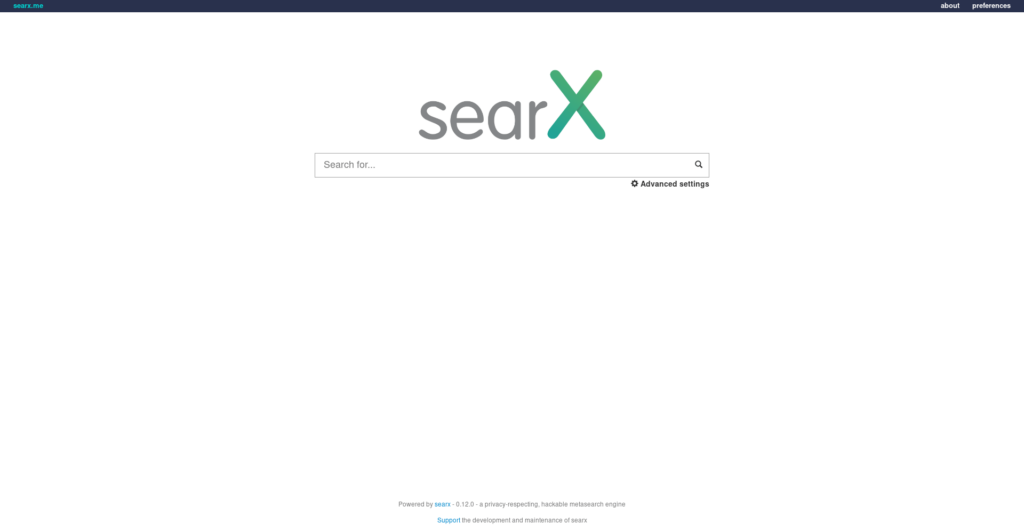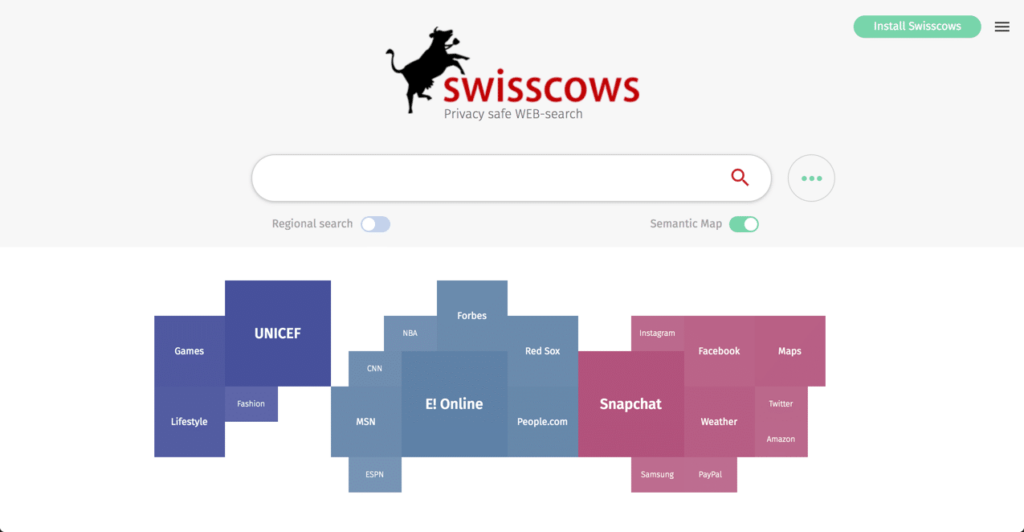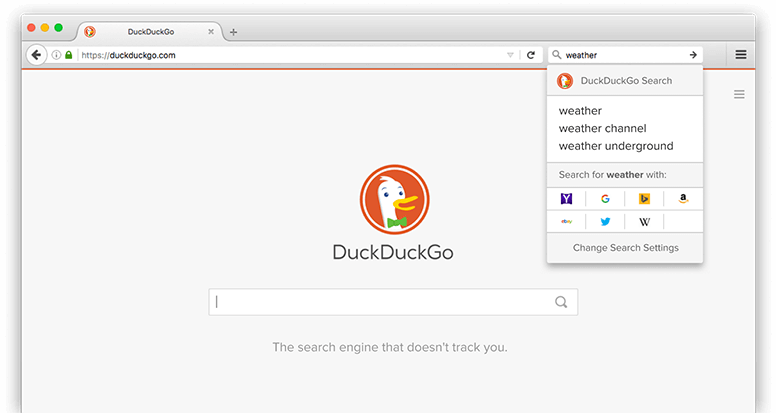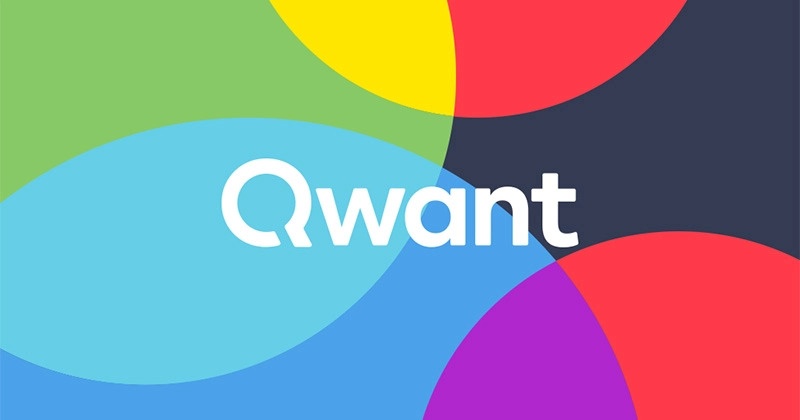It’s needless to say that Big Tech are tracking everything you do. They know what you like, what you dislike, what you need in life, where you come from, where are you going, and many other details. They probably know about you more than you yourself. One of the biggest parts of GMAFIA, is the G, Google.
Google is one of the biggest parts of our lifes. People are depending on Google more than anything. They use Google Search to find stuff, GMail for their email service, they use Googlized Android OS, Google Maps for navigation, Google Drive for cloud storage, and other privacy-violating stuff. This is wrong.
Google Search is one of the traps. As I said before, GMAFIA & Friends are not privacy-friendly. They mine our data and use them to make profiles of people so they can advertisers. Their business is sell/trade our data.
Of course, to completely avoid Google, we have a long way to go but we should start somewhere. I explained about how we can avoid Google Drive and other apps before and now it’s time to learn about libre privacy-respecting searching tools.
Before I start talking about tools, I should mention that you’ll face some changes or search results may not be as accurate as Google search as these services don’t track you. These services don’t collect your information so search results are based on keywords you submit but don’t worry, you’ll learn to get best of them just in few days.
Searching Tools & Sites
Searx

Searx is my current web search tool. It’s a libre metasearch engine with the aim of protecting the privacy of its users. To this end, searx does not share users’ IP addresses or search history with the search engines from which it gathers results. Trackers are blocked so user-profiting-based search engines can’t track you anymore.
Searx is also decentralized. It means there’s no main server or website. You can use any instance that suits you or if you want, host your own instance. My current favorite Searx instance is Searx Belgium. There’s another good instances as well, for example, I was using Disroot Searx before.
YaCy
YaCy is free software for your own search engine. It’s a decentralized web search engine software (libre) based on a peer-to-peer network. The YaCy search engine software provides results from a network of independent peers, instead of a central server. It is a distributed network where no single entity decides what to list or order it appears in. It’s to make sure censoring is impossible.
User privacy is central to YaCy, and it runs on each user’s computer, where search terms are hashed before they being sent to the network. Everyone can create their individual search indexes and rankings, and a truly customized search portal. Each YaCy user is either part of a large search network (search indexes can be exchanged with other installation over a built-in peer-to-peer network protocol) or the user runs YaCy to produce a personal search portal that is either public or private.
YaCy search portals can also be placed in an intranet environment, making it a replacement for commercial enterprise search solutions. A network scanner makes it easy to discover all available HTTP, FTP and SMB servers.
To create a web index, YaCy has a web crawler for everybody, free of censorship and central data retention:
- Search the web (automatically using all other YaCy peers)
- Co-operative crawling; support for other crawlers
- Intranet indexing and search
- Set up your own search portal
- All users have equal rights
- Comprehensive concept to anonymise the users’ index
To be able to perform a search using the YaCy network, every user has to set up their own node. More users means higher index capacity and better distributed indexing performance.
Swisscows

Swisscows is my second favorite search tool. It’s not free software as far as I know but according to their privacy policy, they’re very privacy-focused. They’re based in Switzerland and they use a military-graded data centers to protect users’ data. Swisscows relies on donations and advertisements but they don’t make profiles of users.
Their advertising system is completely privacy-respecting. They claim that they even don’t know how many users they have. Now I cannot confirm or deny these allegations but their idea of business and treating users is very interesting.
DuckDuckGo

DuckDuckGo is pretty much most famous anti-Google search tool. It’s probably the first choice that comes in people’s mind if they want to avoid Google search. DuckDuckGo apps for iOS and Android are free software (licensed under Apache license version 2) but I couldn’t find source codes and licenses of their server and main searching engine.
DuckDuckGo is also based in USA so they must follow American laws. If they collect even tiny bit of your data (such as your IP address), your privacy is in danger of being violated. DuckDuckGo’s results are a compilation of over 400 sources, including Yahoo! Search BOSS, Wolfram Alpha, Bing, Yandex, its own web crawler (the DuckDuckBot), and others.
DDG also has cool features like Bangs and instant answers. DDG Bangs are very cool. For example if you search “!w DuckDuckGo” in DuckDuckGo, DDG will automatically redirect you to Wikipedia’s search and searches DuckDuckGo for you. Needless to say if you search !w Google Privacy in it. it’ll search Google Privacy for you in Wikipedia’s site. There’s a list of bangs on duckduckgo.com/bang.
DuckDuckGo also has instant answers. For example, if you ask “What time is it in Bern, Switzerland?”, DDG will say the time or if you ask “How’s the weather in north London?”, it’ll tell you about the weather there.
Qwant

Qwant is a European (French) search engine that claims to respect your privacy. They say that Qwant never records your searches and never uses your personal data for advertising or other purposes. Qwant says that they don’t put cookies in your browsers that can be used to recognize you. They also say that they don’t use any tracking device (pixel, fingerprinting…) and they don’t store your search history.
Qwant has a privacy office dedicated to the protection of users’ privacy. It also has a data protection officer (DPO). Both work closely with each other to ensure that the relevant regulation regarding personal data is applied as strongly as it should.
If they really follow their privacy policy, I believe they’re a pretty good choice to replace Google.
Disconnect
Disconnect Mobile (also known as Disconnect.me) is a partly open source browser extension and mobile app designed to stop non-consensual third party trackers, and providing private web search and private web browsing. On mobile, it is available for Android and iOS.
The Electronic Frontier Foundation compared the app to its own Privacy Badger browser plugin.
MetaGer
MetaGer is another open-source, metasearch engine run as a non-profit based in Germany. Their code is licensed under GNU GPL version 3 but they also use Laravel and Bootstrap that are licensed under MIT. Their privacy policy page is very clear about what data they collect and it’s completely satisfying (at least for me).
They don’t collect any private data. The good point is that even if you don’t trust them you can create your own service as they’re free software. It’s the beauty of software freedom.
Mojeek
Mojeek is a webcrawler based in United Kingdom that doesn’t track you. They also provide search API and tools for webmasters. Sadly they’re not a free software service so again, they can’t be completely trusted.

